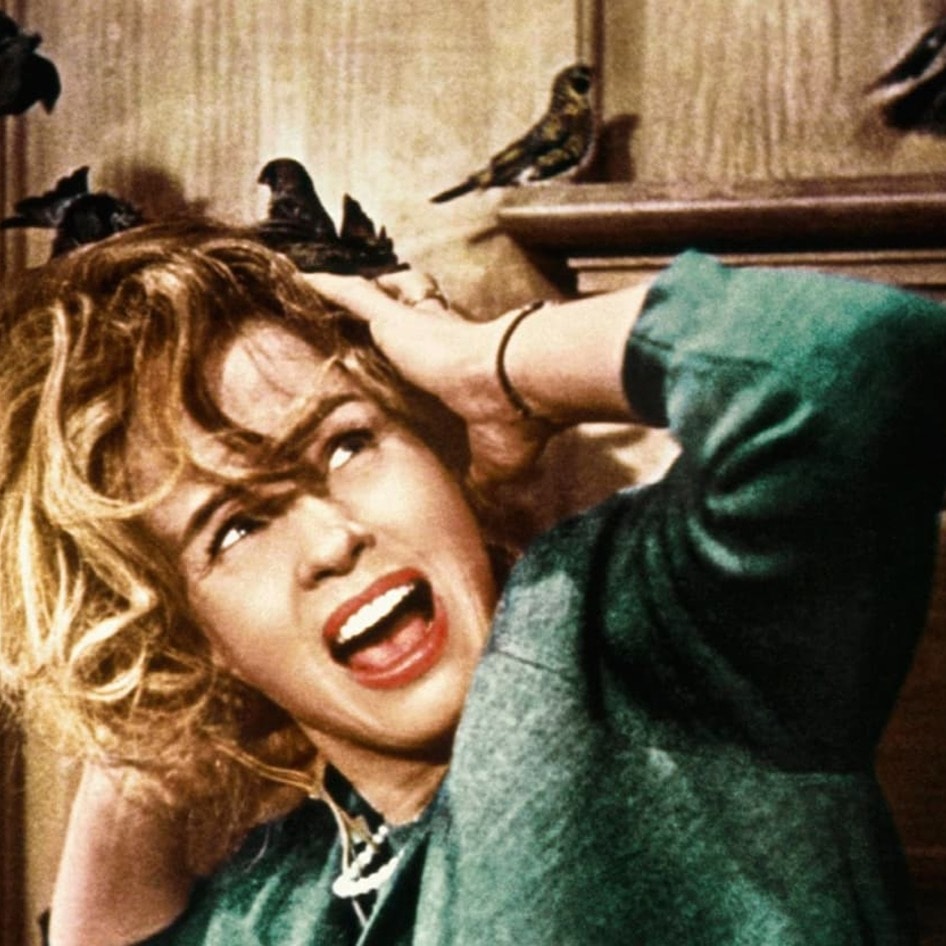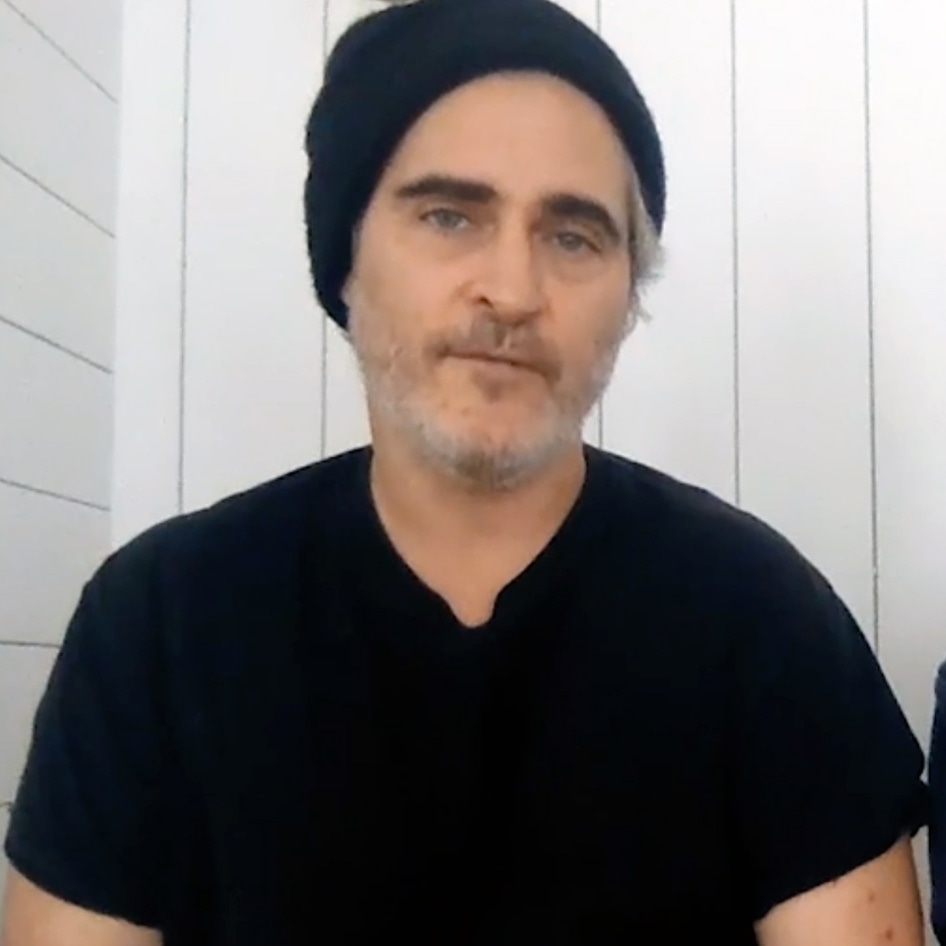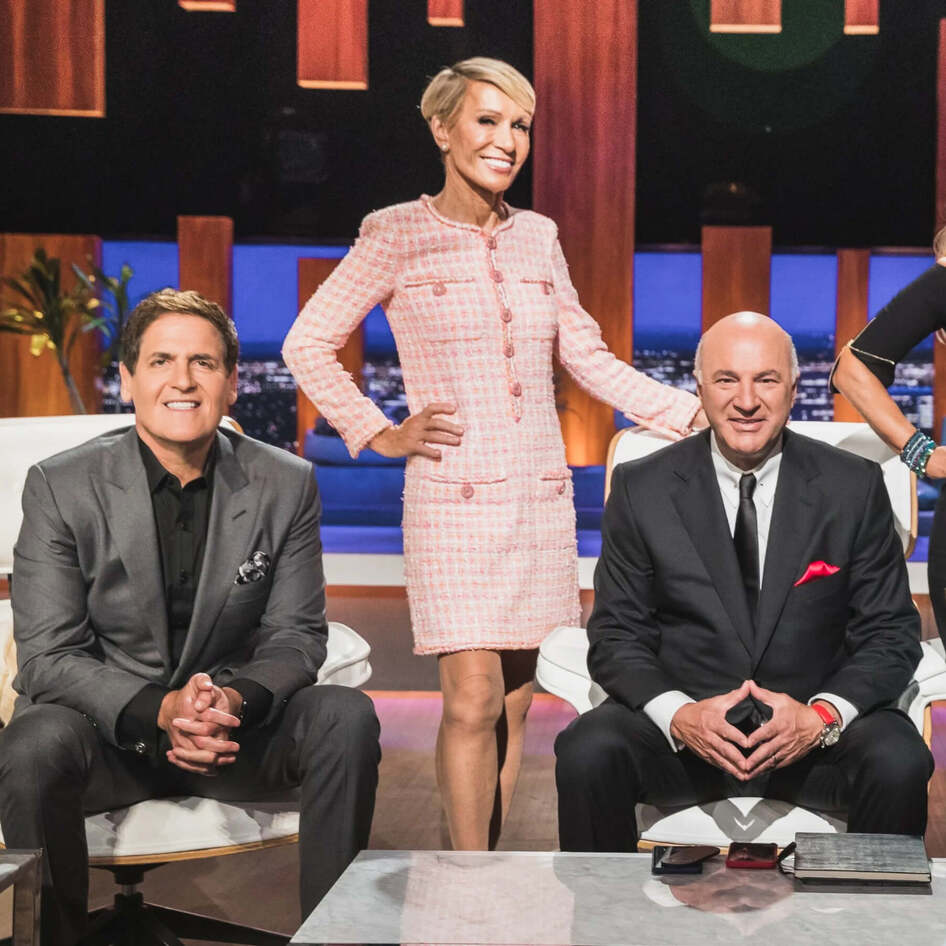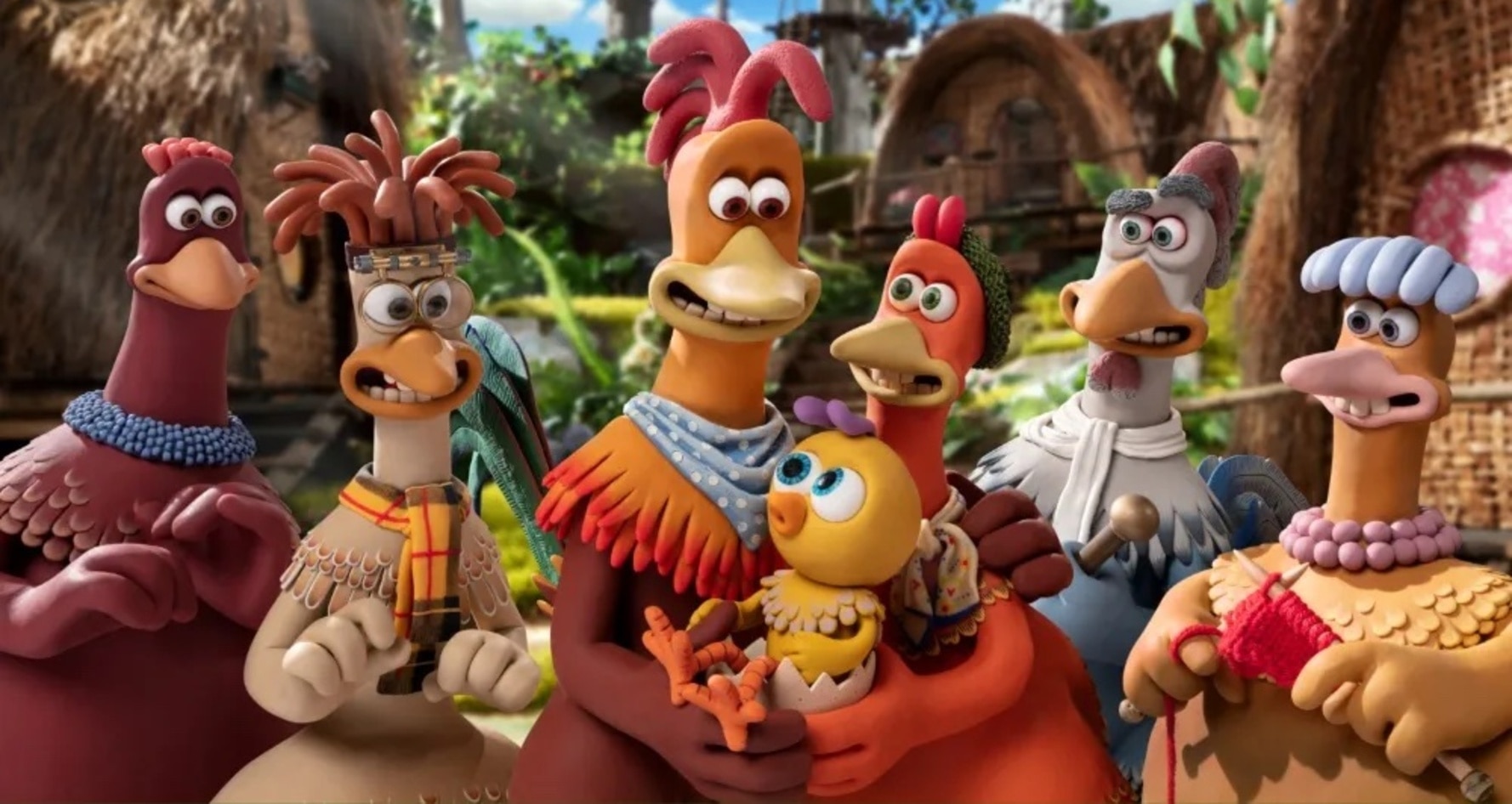We’re Giving 5 Classic Films a Vegan Makeover
Classics such as Jaws, Dumbo, and King Kong would be so much better if they were filmed through a vegan lens.
April 17, 2018
Who doesn’t enjoy a great movie? No one, that’s who. However, a problem arises for vegans, and that’s the fact that too many movies aren’t very animal-friendly. You’ll be enjoying a wacky comedy such as Anchorman, and then—out of nowhere—Jack Black will come along and kick Ron Burgundy’s beloved dog off a bridge. Shockingly, that’s intended to be a hilarious moment, but it totally sours the movie for animal advocates. So, in honor of Movie Theater Day, we’ve reimagined some of the most famous animal movies of all time by adding a vegan twist.
Jaws
In countless horror movies, animals are depicted as bloodthirsty beasts out to destroy humanity, but as vegans know, humans are, in fact, the animals who are the most vicious to other species. In 2017, there were approximately 90 unprovoked shark attacks in the world. Meanwhile, every year, humans kill more than 100 million sharks. With that staggering statistic in mind, Jaws should have been told from the shark’s point of view (let’s call him Geoffrey). Geoffrey has witnessed humans murder his family and friends his entire life, so when his mother is ruthlessly butchered by fishers, Geoffrey decides that humans must be stopped. Since it’s a horror movie, Geoffrey goes on a killing spree, but he doesn’t just randomly go around biting beachgoers. Instead, he targets fishers (so his killing seems more justified). That sounds like a lot more fun to watch to me!
Dumbo
For an animated children’s movie, Dumbo shows more abuse toward animals than one would expect. Still, the film diminishes the true brutality that animals endure in circuses. The most egregious example is the ending, when Dumbo is not only trapped in the circus but the film also makes it seem like a victory that Dumbo successfully completed his harrowing trick of jumping out of a burning building. That’s a tragedy, not a happy ending. Elephants do not enjoy performing tricks for humans, and the last place they want to be is a circus. The only way this film should end is to have the circus shut down permanently (with the circus owners going to jail), and Dumbo and the other elephants living the rest of their days in a spacious sanctuary. Let’s hope Tim Burton follows my plot change for his upcoming Dumbo remake, and that he uses computer-generated animals instead of real ones.
King Kong
Current plot: a group of people travel to an island, kidnap a giant ape named King Kong, and take him back to New York City to exploit him for profit. King Kong breaks free, goes on a rampage, and is murdered. That’s actually an accurate depiction of human cruelty to animals (and the reality of how humans captured a lot of the animals and their ancestors that are imprisoned in circuses and zoos), but it always breaks my heart that King Kong is dealt such a tragic fate. With that in mind, here’s what I’d rather see: when the humans travel to the island, the clever King Kong sets up a series of booby traps (Home Alone-style), maiming and frightening the humans so much that they retreat from the expedition. That will teach those pesky human invaders to ever step foot on Kong’s island again.
One Hundred and One Dalmatians
First off, it is perfectly apropos that Cruella de Vil, who designs and wears fur clothing, is the loathsome villain. It’s bothersome, though, that the two main dogs, Pongo and Perdita, aren’t neutered and spayed, which leads them to have puppies. A better animal-rights message would be for the lead human characters, Roger and Anita, to run a no-kill animal shelter from which Cruella kidnaps the dogs to make her fur coat. Now those are two humans I can root for!
Charlotte’s Web
This is one of the best stories of all time, and it does have a wonderful animal-rights message. However, the film doesn’t accurately represent the lives of pigs who live on farms. The real Wilburs of the world aren’t chilling by themselves in comfortable barns—they’re trapped in overcrowded pens surrounded by thousands of other miserable pigs standing in their own filth. Charlotte’s Web is a children’s story, so it can’t be too graphic, but the film needs to be changed to better represent reality. Also, in the beginning of the film, Fern is wonderfully compassionate, but by the end she loses interest in Wilbur. Instead, Fern’s bonding experience with Wilbur should inspire her to go vegan and become a lifelong animal activist. Oh, and in this reimagining, Charlotte doesn’t die … ever. Forget that that’s impossible. In our hearts, we need it to be true.
Christopher Locke worked in the television industry for over a decade before pursuing his passion project of writing the animal rights-themed YA series, The Enlightenment Adventures, which includes two books so far: Persimmon Takes On Humanity and Vincent and The Dissidents.
JUMP TO ... Latest News | Recipes | Guides | Health | Shop







